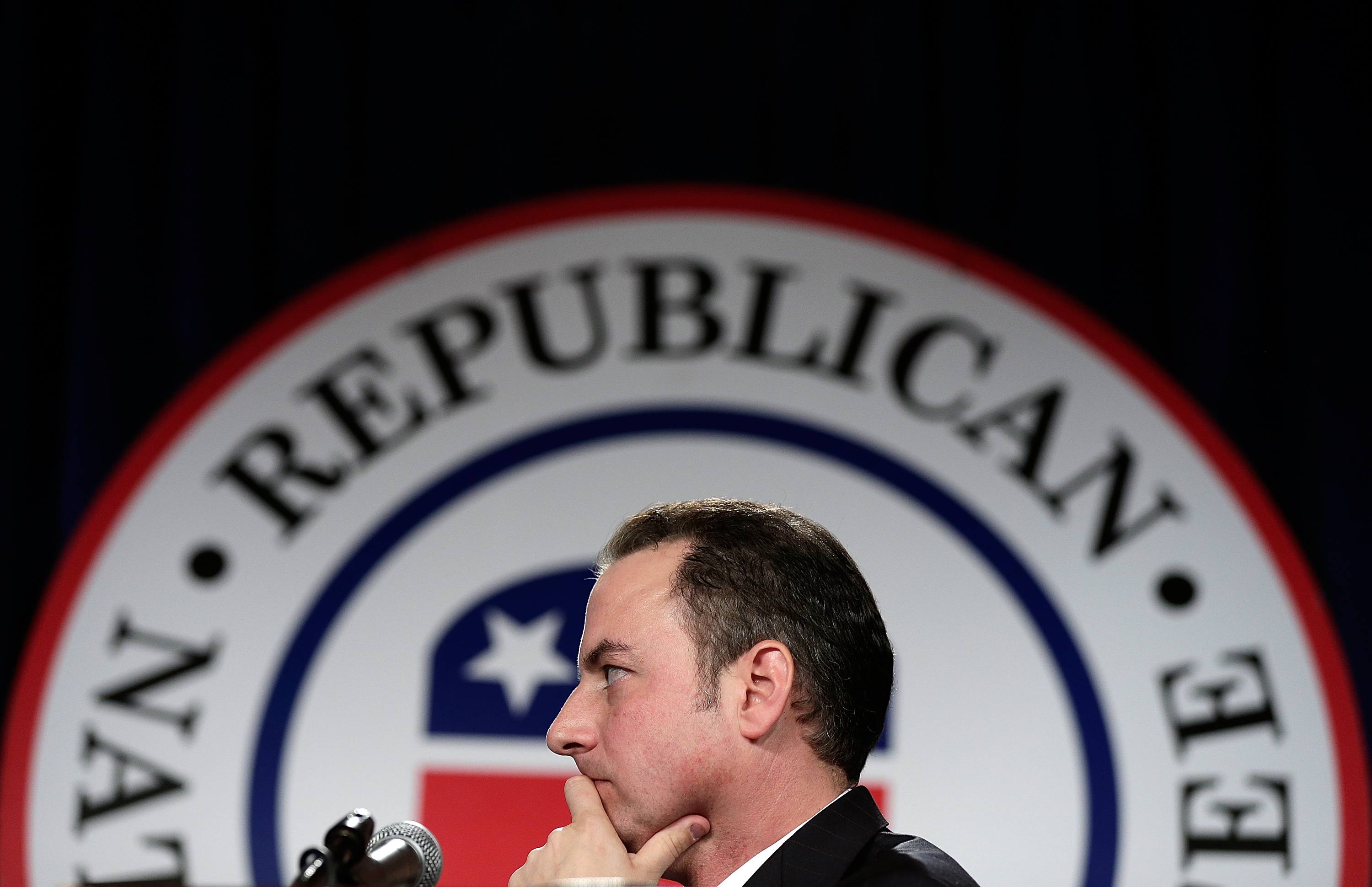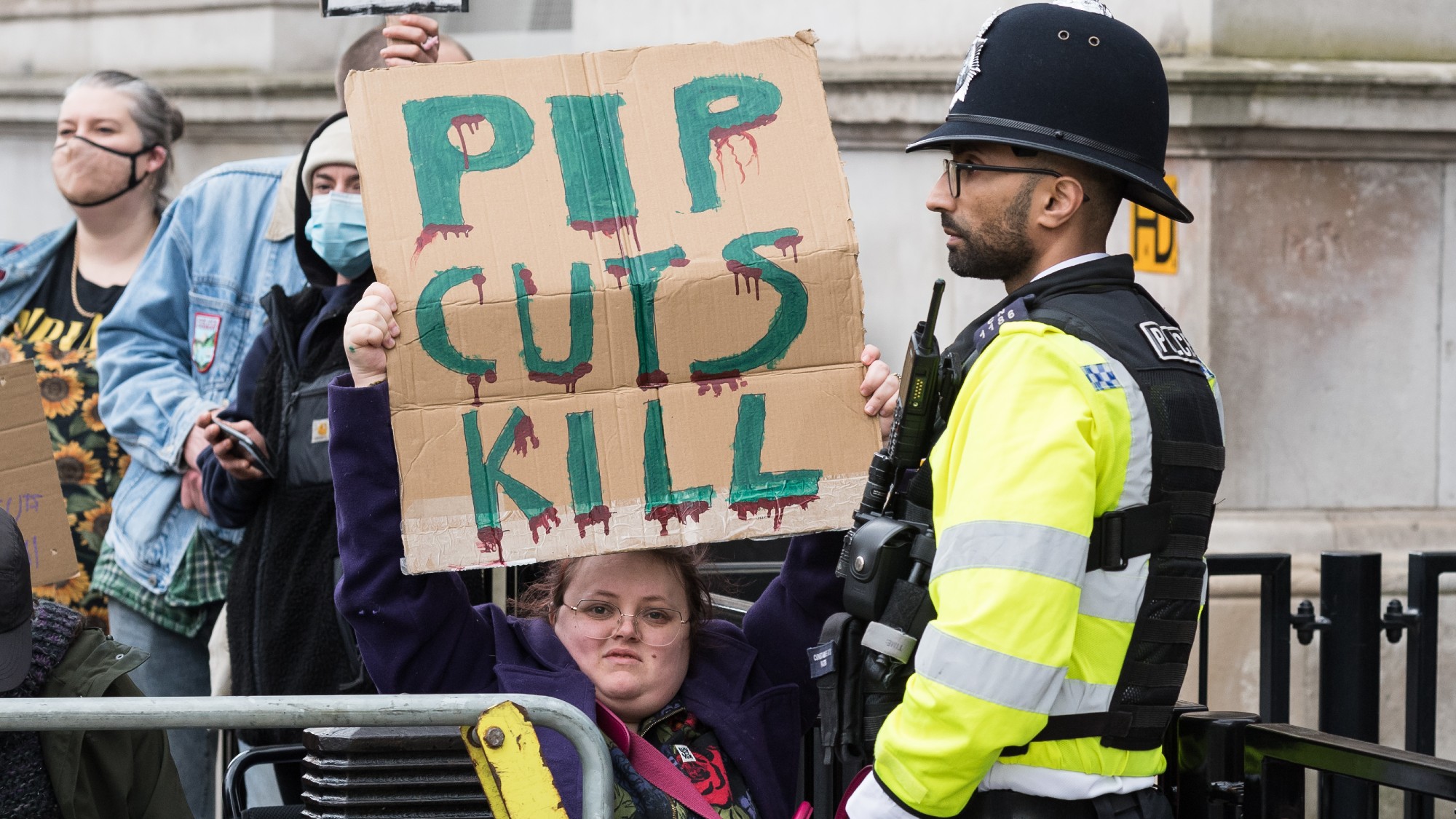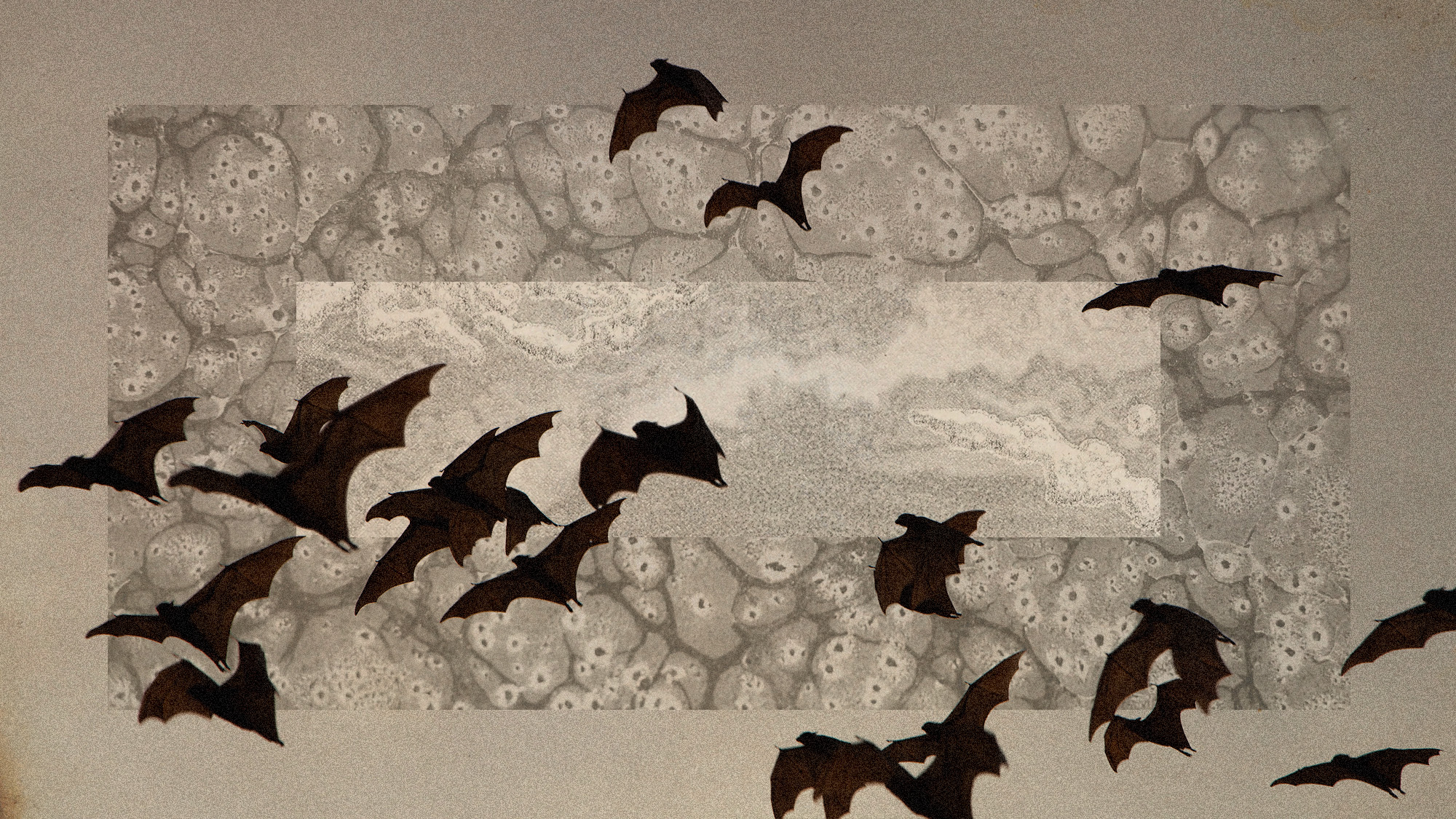The GOP's worst nightmare and a pundit's dream: A brokered convention in 2016
It could happen!


There are so many Republicans running for president, or thinking about running for president, that the Republican National Committee is having a hard time keeping track of them all. An official GOP online straw poll lists 36 potential candidates (and as Politico noted, that list actually missed at least two former governors who have said they're mulling White House bids).
Regardless of the final tally, it's becoming increasingly clear that debate planners will need to come up with creative ways to fit so many podiums on the stage when the candidates first face off in August.
But what makes this election so interesting isn't just the sheer number of candidates. It's that it could remain undecided until the GOP's national convention in the summer of 2016. With so many candidates splitting the vote, it's quite possible that no candidate gets a majority of delegates by the end of the primary season.
Subscribe to The Week
Escape your echo chamber. Get the facts behind the news, plus analysis from multiple perspectives.

Sign up for The Week's Free Newsletters
From our morning news briefing to a weekly Good News Newsletter, get the best of The Week delivered directly to your inbox.
From our morning news briefing to a weekly Good News Newsletter, get the best of The Week delivered directly to your inbox.
Now, it's true that political junkies like me hope for a brokered convention every four years — one where backroom deals ultimately decide the eventual nominee. (Read more about brokered conventions here.) Each time, our dreams are ultimately foiled by one candidate who gains momentum through the primary season, causing the others to drop out.
But this year may be different for three unique reasons:
1. Look at the early polls. No Republican candidate can break even 20 percent support on a consistent basis in national surveys. In fact, the latest Real Clear Politics average finds just three possible candidates who register more than 10 percent. There's really no frontrunner at all.
2. A winning coalition isn't easy to put together. There are already several candidates who appeal mainly to evangelical Christians, a bunch who are attractive to national security hawks, and a handful who attract the Wall Street establishment crowd. There's even a libertarian or two in the mix. With so many candidates on the menu, primary voters won't necessarily have to pick the lesser of the evils. They'll find a candidate who speaks to the issues they most care about.
3. Follow the money. Super PACs, which have become a pre-requisite for running for president this year, can raise unlimited sums from large donors. While they cannot legally coordinate their actions with the official campaigns, their war chests can ensure a candidate can stay in the race much longer than ever before. There's little need to drop out if you have a billionaire or two committed to influencing the race with your candidacy.
Put this together and it's very possible that no candidate will win two of the first four early contests in Iowa, New Hampshire, South Carolina, and Nevada. If that happens, it's impossible to predict what comes next.
RNC rules require states that hold nominating contests before March 15 to award delegates proportionally, meaning that the winner-take-all states that might decide the nomination come later in the process. Favorite-son candidates in delegate-rich states like Florida (Jeb Bush and Marco Rubio) or Texas (Rick Perry and Ted Cruz) could further splinter the delegate counts.
The odds probably still favor the Republican nomination fight coming down to just a couple candidates. But at this point, it's impossible to predict when so many candidates have a plausible path to the nomination.
In fact, a chaotic primary season – with more than a dozen candidates with plenty of money to spend — makes the most improbable outcome much more possible.
A free daily email with the biggest news stories of the day – and the best features from TheWeek.com
Taegan D. Goddard is the founder of Political Wire, one of the earliest and most influential political websites. He also runs Wonk Wire and the Political Dictionary. Goddard spent more than a decade as managing director and COO of a prominent investment firm in New York City. Previously, he was a policy adviser to a U.S. senator and governor. Goddard is also co-author of You Won — Now What? (Scribner, 1998), a political management book hailed by prominent journalists and politicians from both parties. Goddard's essays on politics and public policy have appeared in dozens of newspapers across the country, including The Washington Post, USA Today, Boston Globe, San Francisco Chronicle, Chicago Tribune, Philadelphia Inquirer, and Christian Science Monitor. Goddard earned degrees from Vassar College and Harvard University. He lives in New York with his wife and three sons.
-
 Sex, drugs and a royal ruckus: the US play with a future gay Prince George
Sex, drugs and a royal ruckus: the US play with a future gay Prince GeorgeTalking Point The controversial off-Broadway show is a hit with audiences in New York
-
 Labour's brewing welfare rebellion
Labour's brewing welfare rebellionThe Explainer Keir Starmer seems determined to press on with disability benefit cuts despite a "nightmare" revolt by his own MPs
-
 A potentially mutating bat virus has some scientists worried about the next pandemic
A potentially mutating bat virus has some scientists worried about the next pandemicUnder the Radar One subgroup of bat merbecovirus has scientists concerned
-
 The JFK files: the truth at last?
The JFK files: the truth at last?In The Spotlight More than 64,000 previously classified documents relating the 1963 assassination of John F. Kennedy have been released by the Trump administration
-
 'Seriously, not literally': how should the world take Donald Trump?
'Seriously, not literally': how should the world take Donald Trump?Today's big question White House rhetoric and reality look likely to become increasingly blurred
-
 Will Trump's 'madman' strategy pay off?
Will Trump's 'madman' strategy pay off?Today's Big Question Incoming US president likes to seem unpredictable but, this time round, world leaders could be wise to his playbook
-
 Democrats vs. Republicans: who are the billionaires backing?
Democrats vs. Republicans: who are the billionaires backing?The Explainer Younger tech titans join 'boys' club throwing money and support' behind President Trump, while older plutocrats quietly rebuke new administration
-
 US election: where things stand with one week to go
US election: where things stand with one week to goThe Explainer Harris' lead in the polls has been narrowing in Trump's favour, but her campaign remains 'cautiously optimistic'
-
 Is Trump okay?
Is Trump okay?Today's Big Question Former president's mental fitness and alleged cognitive decline firmly back in the spotlight after 'bizarre' town hall event
-
 The life and times of Kamala Harris
The life and times of Kamala HarrisThe Explainer The vice-president is narrowly leading the race to become the next US president. How did she get to where she is now?
-
 Will 'weirdly civil' VP debate move dial in US election?
Will 'weirdly civil' VP debate move dial in US election?Today's Big Question 'Diametrically opposed' candidates showed 'a lot of commonality' on some issues, but offered competing visions for America's future and democracy
